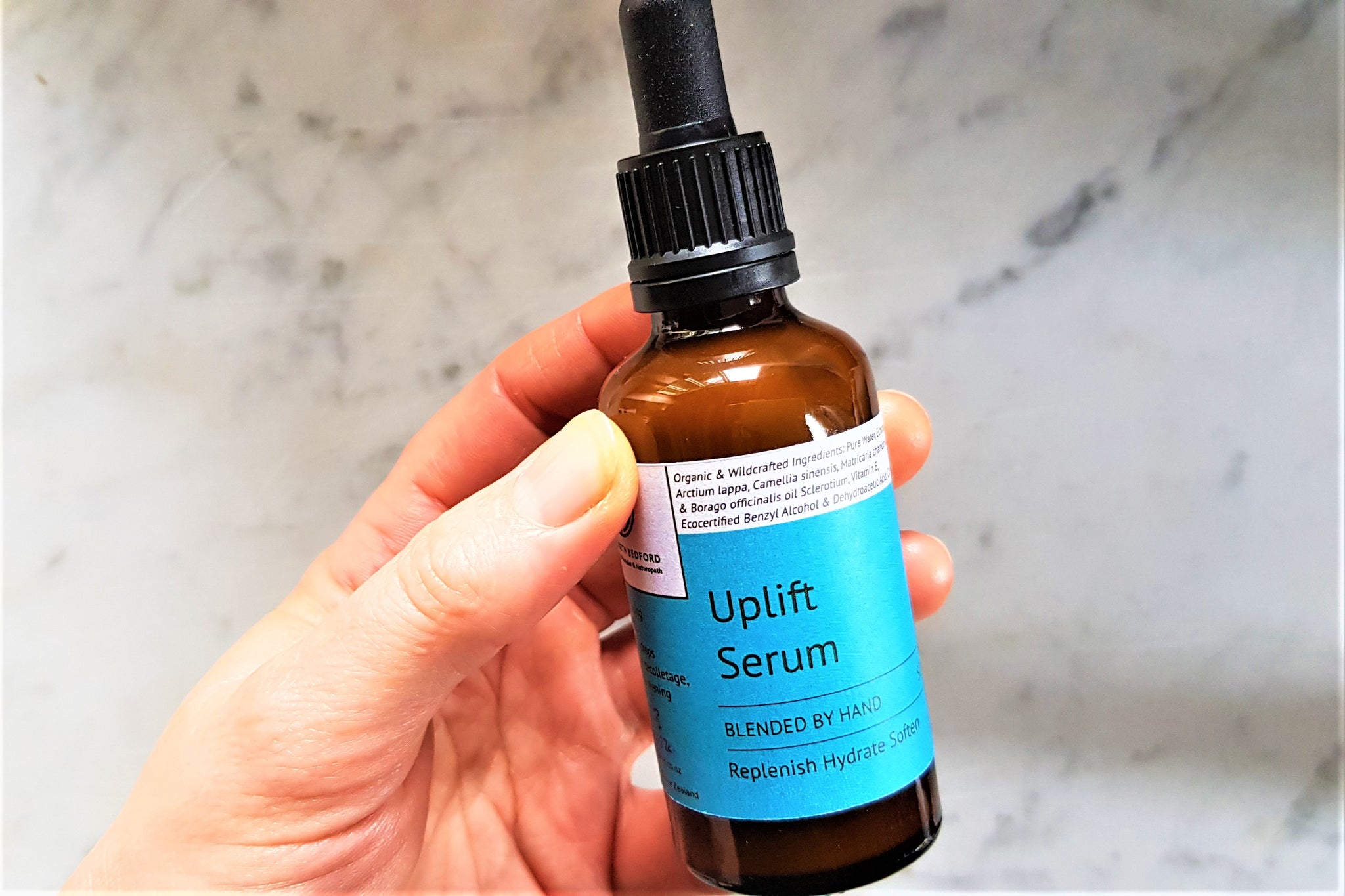
A gene that makes red wine heart medicine? Isn't that leaping to conclusions? Anyway, a glass of red with a good friend at sunset HAS to be beneficial...maybe?
Functional testing is something I can be very cynical about. But one example of clinical application (e.g. is this actually useful for my clients, or just another toy that costs money?) for gene testing is the APOE gene.
Five (or so) years ago this was the breakthrough story for predicting dementia. Until more research realised, not so much, actually - it's not a good indicator after all.
Some people do still want to find out if they have the variant which makes them 10% more likely to develop Alzheimers or other dementias. A subject for another time, perhaps…
Anyway, the current understanding is thatyour APOE variant can tell you whether red wine will help or hinder your cardiac health. Yes- we can now determine via DNA whether it’s true that a glass of red, quaffed in a convivial setting, will increase or decrease HDL cholesterol, and, therefore, the health of your arteries, and therefore, your overall cardiac health.
Would you want to know?
I work with a number of clients with - interesting- family history regarding heart health, and this test, for some, can give a really good roadmap for the decades ahead.
(It can also tell you whether you should do more strength-based or aerobic exercise, and what types of fats and oils are best for you)
Overall, the Mediterranean approach is considered, globally, the best diet for heart health. Plenty of fresh greens (NOT just broccoli) and other veges, seafood, small amounts of red meat, some red wine, beans, peas, lentils, grains, lashings of tomatoes and olive oil...a low stress life, with plenty of nature, good times with old friends, certainty as to the future, and time to smell the roses. But if red wine isn’t great for your HDL cholesterol, is it still a good idea?
Well, lets look at what heart health actually is.
Heart problems...what does that actually mean?
Essentially, the heart is a pump. We all know this, right? Most of the big cardiac issues can be explained using that image. The pump sends nutrients and oxygen through the system, and removes toxic waste and pathogens using a liquid called blood.
Things that can happen to enclosed pumping systems
Hypertension: high pressure through hoses that aren’t designed for it, causing damage to the artery and vein walls.
That might help cause atherosclerosis, where inflammation and cholesterol plaques stop the arteries working- leading to tissue death because the blood can’t get through to bring oxygen and remove wastes.
It might help cause varicose veins, where the valves that stop blood flowing backwards aren’t sufficient and the veins get distorted and swollen. This can mean more potential for bits to break off (to put things in a completely technical manner…) or, shall we say, clots to form, as the blood doesn’t flow properly anymore.
Inflammation: it’s a response to damage, and can get overactive - for example it might signal LDL cholesterol to adhere and cause plaques, as above.
Heart muscle issues: the pump works via electricity. It needs sodium, potassium and magnesium ions to make the electricity function. It needs wastes takes away, and constant oxygen.
Day to day
On the way to the worst case scenarios, other issues arise: poor circulation leads to inefficient removal of wastes, and so inflammation builds up in joints. Pain and stiffness occur.
Varicose veins cause pain, embarrassment and discomfort, reducing exercise. Less exercise means less energy, mobility, independence and even poorer circulation.
Poor circulation can damage nerves and brain function.
Digestion doesn’t work properly; so nutrients aren't absorbed and made available to the right places.
Fear
The heart is fundamental to our being. When we start to doubt it, long term stress begins. People start to search for a solution. They read random blogs. They google strange things. They worry about the food they eat and the life they live. And on some level, they keep listening...listening for their next heartbeat. That in itself creates stress, which can itself lead to high blood pressure and poor digestion...
So there are a lot of factors that can be involved; almost everything to do with heart health can be managed by good general health...especially if you get that general health up and running early!
LIFE expectancy is the age at which people are expected to die: predicted to be 91 in 20 years time.
HEALTH expectancy is the age at which people are expected to tip from healthy to “needing assistance with everyday activities”: currently 66.
To summarise, heart health is about good pressure (not too much salt or stress), good nutrients (not too much salt but plenty of other minerals), not too much inflammation (start with exercise and fluids first), good waste management ( that’s the liver, kidneys and gut) and so on. That Mediterranean outlook may still fit the bill!
But yes, there are gene variants to give us some insight into all this. SOME insight. Remember. 5 years ago, we thought APOE was all about dementia.
In general, unless you have a family history or personal reasons for needing more detail, understanding whether your genes need more of one thing than another comes a distant second to getting your overall health working well.
However, for some, it could be a game-changer and help you sort a whole lot of things out. I very seldom recommend a DNA test as a starting point- but in some cases, it’s absolutely right.
This is what well-being is all about: controlling your own health, and understanding what and why it matters.
<iframe width='600' height='400' src='http://archive.stats.govt.nz/sitecore/media library/Statistics/Sub-sites/Progress/Content/Social/Health expectancy.aspx' frameborder='0' scrolling='no' ></iframe>


